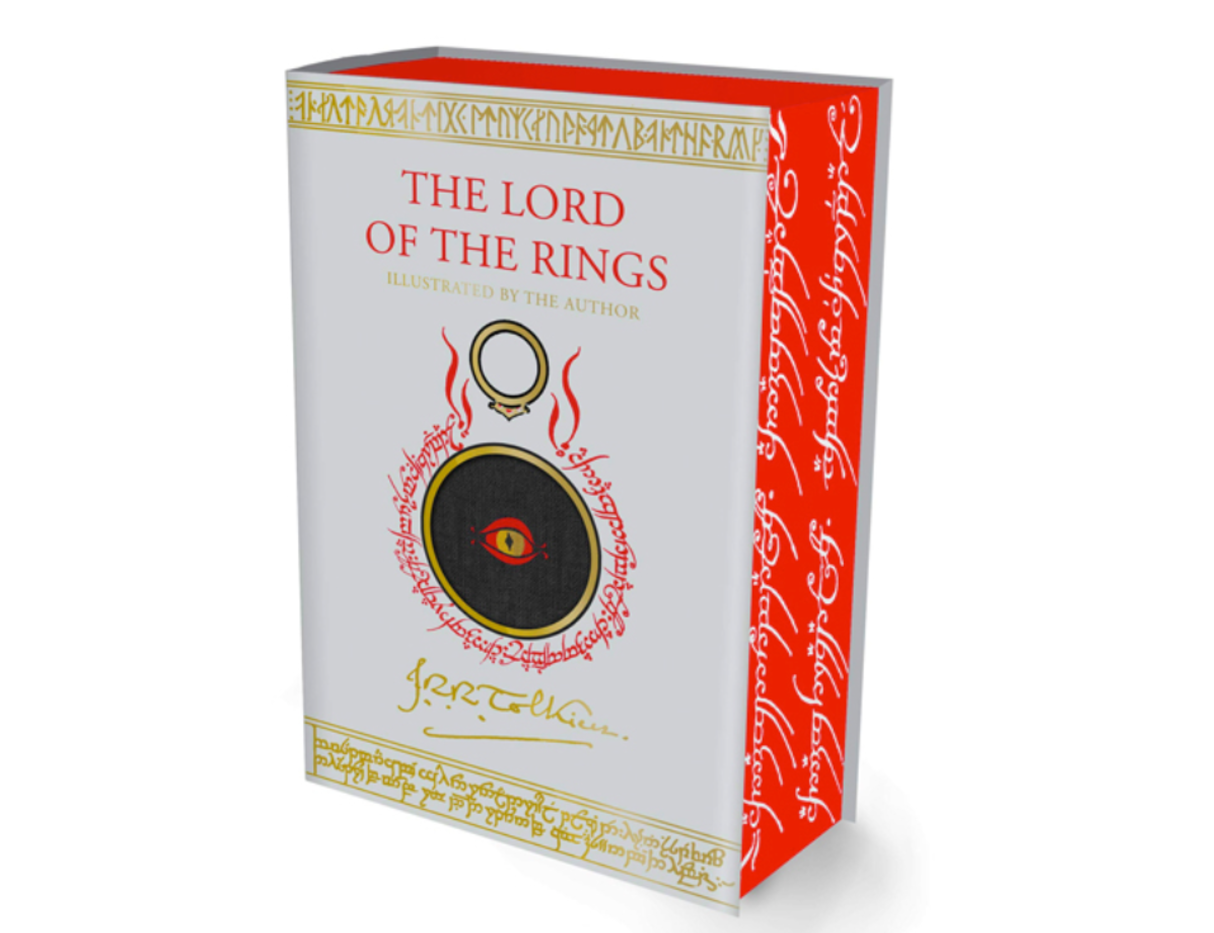

“The hobbit habit seems to be almost as catching as LSD,” proclaimed Time magazine in 1966. The Lord of the Rings novels found an especially receptive audience among the American counterculture, becoming fixtures on university bookshelves across the country, which grew their popularity and influence. They invite audiences to inhabit these fictional landscapes and explore the human condition through their hopeful morality tales.

Just think of modern mythologies like Star Trek or Star Wars they use detailed maps and created languages and invented histories for imaginary cultures in order to build immersive worlds and galaxies. “His stories spawned many imitators, but they also continue to inspire creators who seek to tell different tales from other perspectives. Sturgis, an author and professor at Lenoir-Rhyne University in North Carolina. “His work reflected the potential of fantasy as a genre, and its influence extended beyond fantasy as well,” says Tolkien scholar Amy H. Even if it perplexed certain critics, it gained an immediate foothold with a generation of readers and forever changed the cultural landscape. Spanning more than 1,100 pages over three volumes, The Lord of the Rings told a far more complicated story, dense with mythology and invented languages, and made for a dazzling read. Tolkien then spent 17 years crafting the sequel, and it proved worth the wait. The tale of a resolute homebody, hobbit Bilbo Baggins, drawn into a quest-involving wizards, dwarves, elves, giant spiders, a fire-breathing dragon, a hoard of gold, and a massive conflict among five armies-immediately captured the public’s imagination and vaulted the novel to best-seller status. His debut, set in his imagined world of Middle-earth, drew on a long-running fascination with fairy tales and Norse myth, creating a high-fantasy world unlike anything ever previously committed to paper. It’s to give an audience an original experience.”īack in 1937, that’s precisely what the fledgling novelist and distinguished Oxford professor had done with The Hobbit. So fantasy is interesting, because there aren’t really any clichés. “For every other genre-Westerns, war-you can name truly amazing films.
#LORD OF RINGS AUTHOR MOVIE#
“Fantasy has a history of misfires,” filmmaker Peter Jackson told Entertainment Weekly in 2001, just weeks before the release of his first movie based on The Lord of the Rings, J.R.R. The following is from the introduction to LIFE’s new special issue The Lord of the Rings: The Origins, the Stories, the Extraordinary Adventure, available at newsstands and here, online:


 0 kommentar(er)
0 kommentar(er)
